Changes ahead for the national screening system
Changes ahead for the national screening system
Details of changes to the national screening system from 1 October, due to the closure of Public Health England.
Details of changes to the national screening system from 1 October, due to the closure of Public Health England.
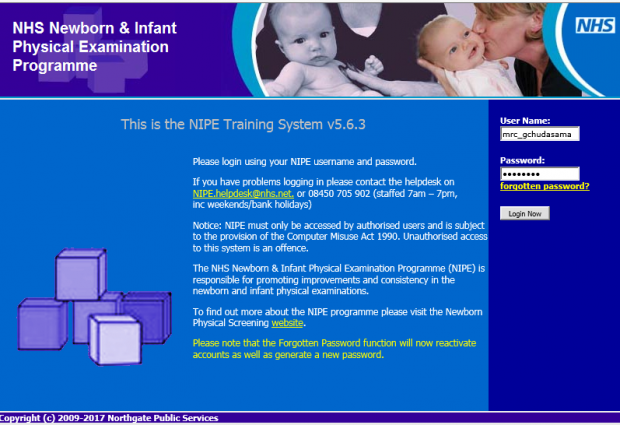
More than 80% of trusts in England are now using the NIPE SMART IT system for recording information relating to the NHS Newborn and Infant Physical Examination (NIPE).
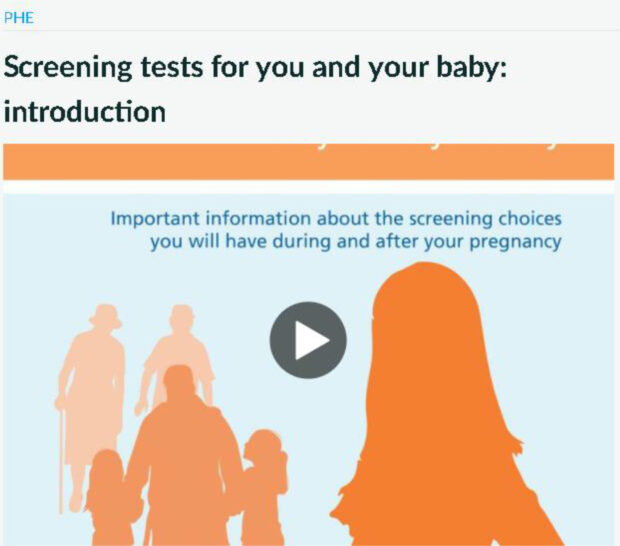
Nationally and locally we aim to make sure screening is equitable and accessible to all eligible populations, which is why we’ve published 7 new audio versions of national patient information screening leaflets.

...find out if they’re at risk of having a baby with sickle cell disease or thalassaemia major, which are serious inherited blood conditions. This gives parents time to consider the...
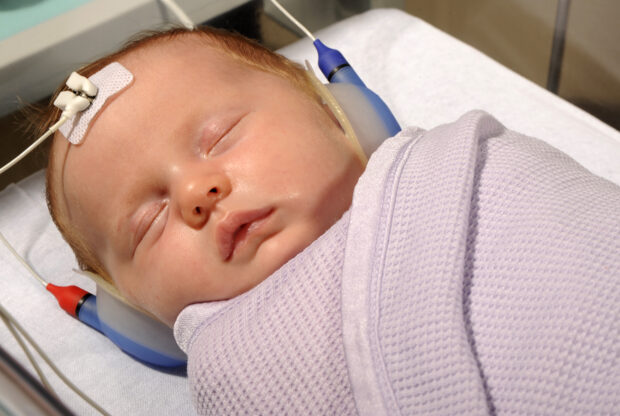
...then get the support and advice they need right from the start. The test just takes a few minutes. A small soft-tipped earpiece being placed in the baby’s ear and...

...wholeheartedly. So, with a new job description, personal specification and banding completed, we went out to advert. This was a success and attracted more than 50 applicants. We knew we’d...
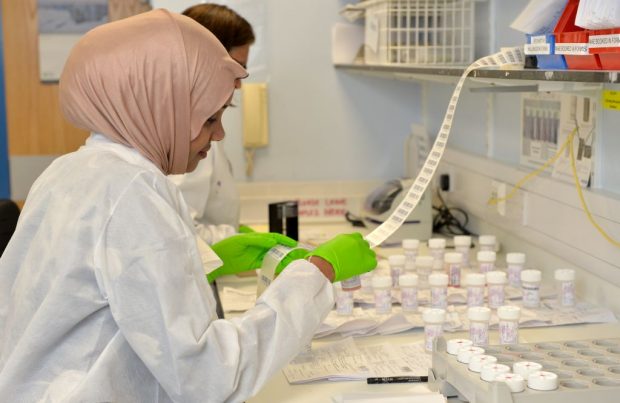
Cervical screening saves an estimated 5,000 lives a year by detecting abnormalities of the cervix early and referring women for effective treatment.

Last year, PHE Screening launched the level 3 Diploma for Health Screeners for non-professionally regulated staff working in the diabetic eye and abdominal aortic aneurysm screening programmes.

I’m Hannah Garnett, a local newborn hearing screening programme (NHSP) manager. In this blog article I’m sharing my experience of completing the postgraduate health screening module at Warwick University, how it has helped me to review my work and how I have been …
In the coming weeks, you will notice that it’s much quieter than usual on the PHE Screening blog.
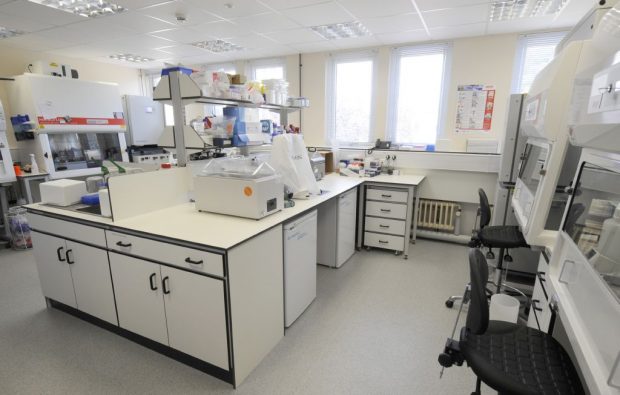
...National Portfolio Lead for Cervical Screening. This means I have responsibility for representing cervical screening within the Screening Quality Assurance Service (SQAS). I thought it would be useful to explain...